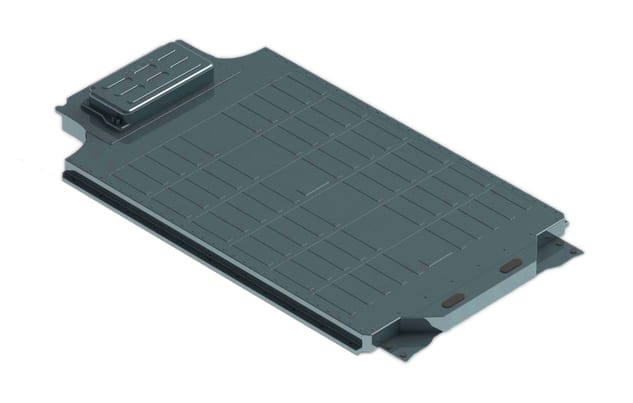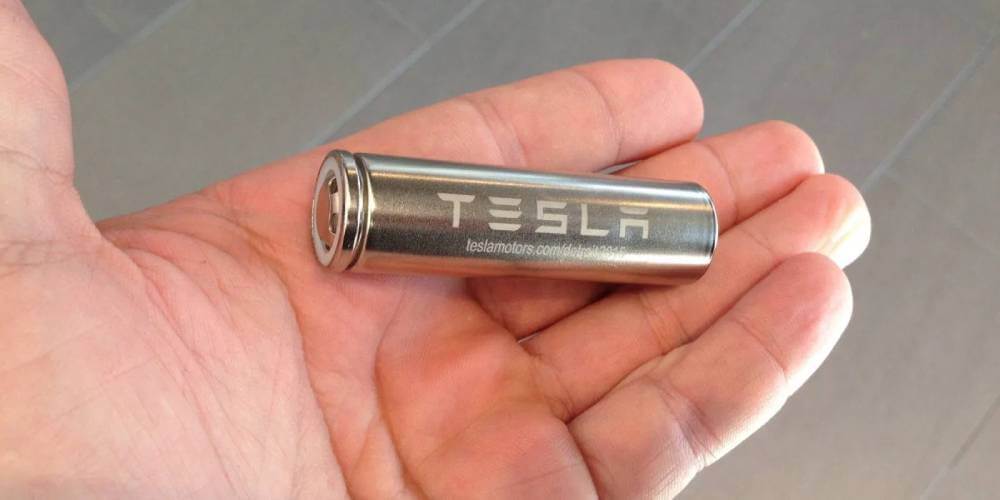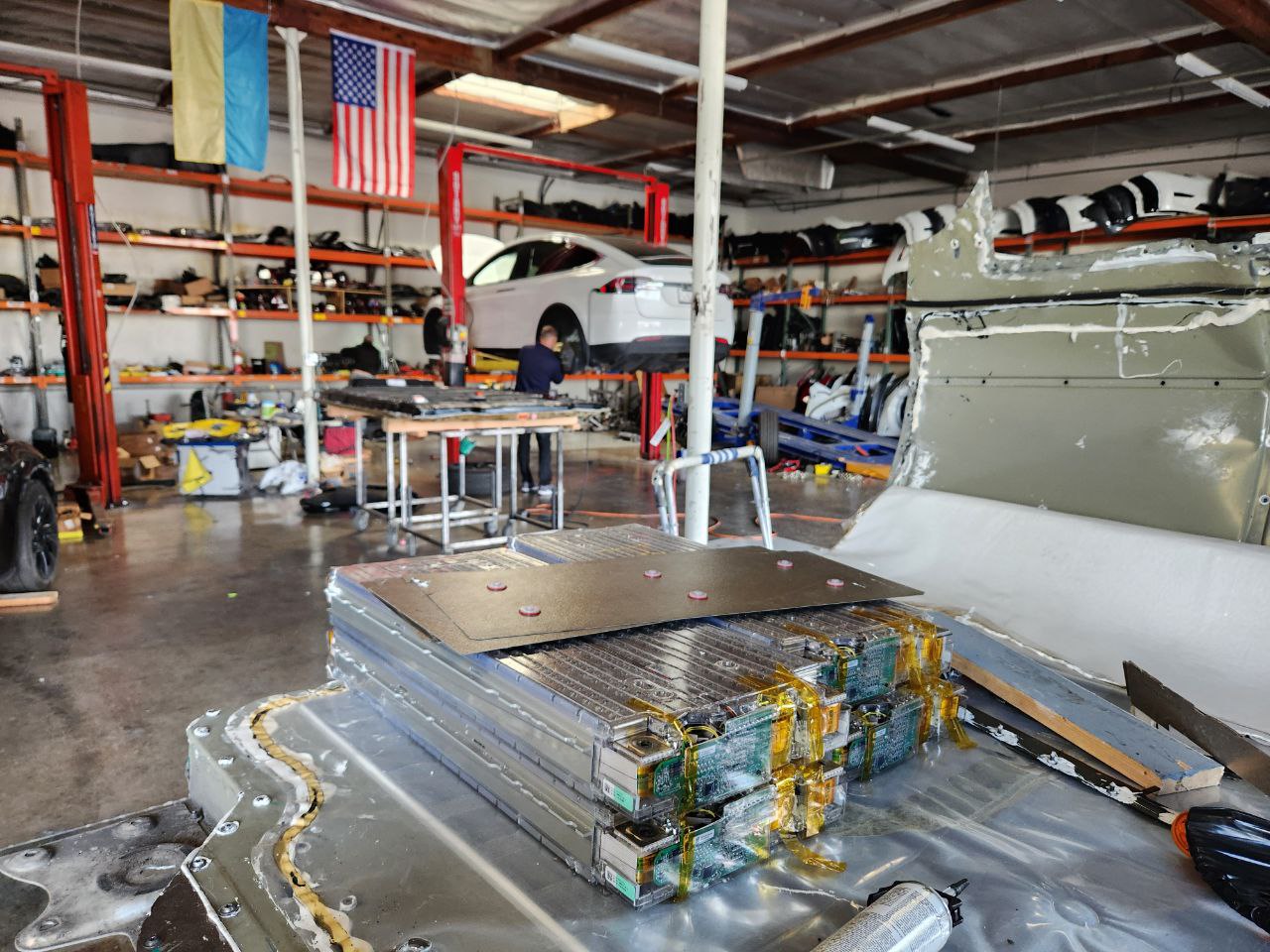VW labour clash spotlights Europe's car factory conundrum
BERLIN (Reuters) - Volkswagen's showdown with powerful labour leaders over how to tackle spiralling costs at underused German factories has triggered intense soul-searching about the root causes of the carmaker's problems.
Complex governance structures, misjudged investments in EVs, poor management decisions, sliding revenues from China and Germany's crippling bureaucracy have all variously been blamed for the challenges facing the world's second-biggest automaker.
Yet a Reuters review of factory capacity utilisation data across Europe for six carmakers shows that Volkswagen is hardly an outlier and it may be in a better place than some of its major rivals when it comes to underused plants.
Renault and Stellantis, for example, both have lower average capacity utilisation rates in Europe than VW, according to the figures compiled for Reuters by GlobalData, which included numbers for BMW, Ford and Mercedes-Benz as well.
Reuters also sourced data for all automakers in eight major European car-making countries: four in higher-cost states - France, Germany, Italy and the UK - and four in lower-cost countries - Czech Republic, Slovakia, Spain and Turkey.
That data showed that there was a clear tendency towards higher factory utilisation rates in central and eastern Europe, where costs are lower, suggesting the problems most of the big automakers face are mainly in their home markets.
Across Europe, the capacity utilisation of factories making light vehicles such as passenger cars was 60% in 2023, down from 70% in 2019, the data showed.
In the lower-cost countries, the average utilisation rate slipped only slightly to 79% from 83%, but in the higher cost countries, plant use dropped to just 54% from 65%.
A utilisation rate of around 70% is considered the minimum for profitability, depending on the vehicle, according to GlobalData. Around 80%-90% is seen as cost-effective, providing some flexibility for model changeovers and maintenance.
Volkswagen, Stellantis and Mercedes-Benz said they don't comment on capacity utilisation data. Renault said it uses a different benchmark that shows a higher number for its plants. BMW also said the data may underestimate its actual levels.
'POISONED CHALICE'
For Volkswagen, pressure by German unions and politicians to make its EVs at home - a move designed to future-proof jobs - has become a "poisoned chalice", said Justin Cox, director of global autos production at GlobalData, a data analytics provider based in London.
That decision means the automaker is now using its most expensive locations to make high-cost EVs, which are not selling in the numbers expected, Cox said.
"Premium costs and mobility for all are not compatible. This applies in particular to our German plants, which currently build the majority of our electric vehicles," Volkswagen CFO Arno Antlitz said in response to questions from Reuters.
Germany had the highest wages for factory workers in the automotive industry by international comparison at 59 euros ($66) per hour in 2022, according to German autos association VDA, in contrast to 21 euros in the Czech Republic and 16 euros in Hungary. In China, wages hover around just $3 an hour, according to a Reuters analysis.
At the same time, new car sales in Europe are struggling. They fell 18% in August to their lowest in three years, dragged down by a 44% drop in overall EV sales - which included a 69% slump for German EV sales.
"We are calling for Volkswagen to bring out more models that normal consumers can afford - a cheap electric car or cheap combustion engine that's sustainable," said Stephan Soldanski, a union representative in the German city of Osnabrueck, where one of VW's most underused plants is located.
That plant is running at about 30% of its capacity, Soldanski said. The three models it makes - the Porsche Boxster, Porsche Cayman and the VW T-Roc Cabriolet - are all set to end by 2026 and unions have not heard what they will make next.
Under current labour agreements, if VW workers are idled, they continue to be paid.
"We need ideas," Soldanski said. "We don't want a slow death."
POLITICAL BLOWBACK
Volkswagen's CFO has said it has one to two years to turn things around at its namesake brand in the face of Chinese competition, with a 10-billion-euro cost-cutting drive from last December no longer seen as enough to save the company.
Negotiations are due to begin with unions on Sept. 25 over what further cost cuts are possible and VW has said plant closures in Germany cannot be ruled out.
It has already scrapped a decades-old job security agreement at six plants in Germany, enabling it to lay off workers from mid-2025, unless a new agreement is struck before then.
Labour representatives hold half the votes on the carmaker's supervisory board, however, making it hard for VW to force closures. Unions want a negotiated settlement but management says the scale of the challenges means something must give.
Managing overcapacity has long been a struggle for Europe's automakers, hamstrung by labour contracts and the risk of political blowback from shutting loss-making plants.
Now, high interest rates and a weakening economy mean demand is dropping, just as more Chinese exports arrive. Volkswagen says annual European car demand should bump along at about 14 million vehicles, down from 16 million before the pandemic.
Some of the mass-market carmakers burdened with too much capacity in Europe have already taken steps to reduce costs.
French automaker Renault has cut thousands of jobs in the region as part of a 3 billion-euro cost-cutting drive set in motion in 2021.
Stellantis, formed through the merger of Fiat Chrysler and Peugeot maker PSA, will have cut almost 20,000 jobs in Europe since 2021 by the end of 2024.
Both cut production lines and reduced capacity so they are less dependent on large assembly plants, relying more on temporary workers with fewer permanent employees on payroll.
Ford, meanwhile, will axe 5,400 jobs in Europe and plans more cuts under a regional restructuring plan that includes stopping production at its Saarlouis plant in Germany, before ramping up output in Spain where costs are lower.
According to GlobalData, all three will have worse average capacity utilisation rates than VW at the end of 2024.
MOVING EAST
Auto industry experts say the east/west split in Europe is only likely to grow as Chinese entrants, including China's biggest EV maker BYD and its biggest exporter Chery, set up shop in countries such Hungary, Turkey and Poland.
"It will accelerate," said Andy Palmer, chairman of Slovak battery maker Inobat and former Aston Martin CEO. "It's pretty inevitable."
They say markets such as Germany may be left making mainly premium or luxury cars with price tags that allow manufacturers to cover the higher operational costs.
Stellantis has already shifted some EV production to lower-cost markets. It will make EVs in Poland via a joint venture with China's Leapmotor. Its Citroen e-C3, which should sell for about 23,000 euros, will be made in Slovakia.
But like VW, Stellantis has severe excess capacity issues at home. Production slumped 63% in the first half of 2024 at its Mirafiori plant in Turin, the historic home of Fiat. Reuters was unable to determine capacity utilisation rates for the plant.
Production of its main model, the electric Fiat 500, has been on and off for months due to sluggish EV demand, while its Maserati luxury brand is limited to two low-volume cars. Workers at Mirafiori have been put on furlough schemes, partially funded by the Italian government.
Nevertheless, German unions argue that Volkswagen's wounds are self-inflicted. They blame management for not coming up with affordable, appealing EV models for them to make, which they argue would spur demand.
The German carmaker's cheapest EV is the ID.3 at over 36,000 euros, while Stellantis brands have cheaper, if less powerful models such as the Fiat 500e, Citroen e-c3, and Opel Corsa.
"They have balanced out plants in countries with higher labour costs and lower labour costs for decades. Nothing has changed," said Georg Leutert, director of automotive industries at union federation IndustriALL.
"You can't blame the workforce."












